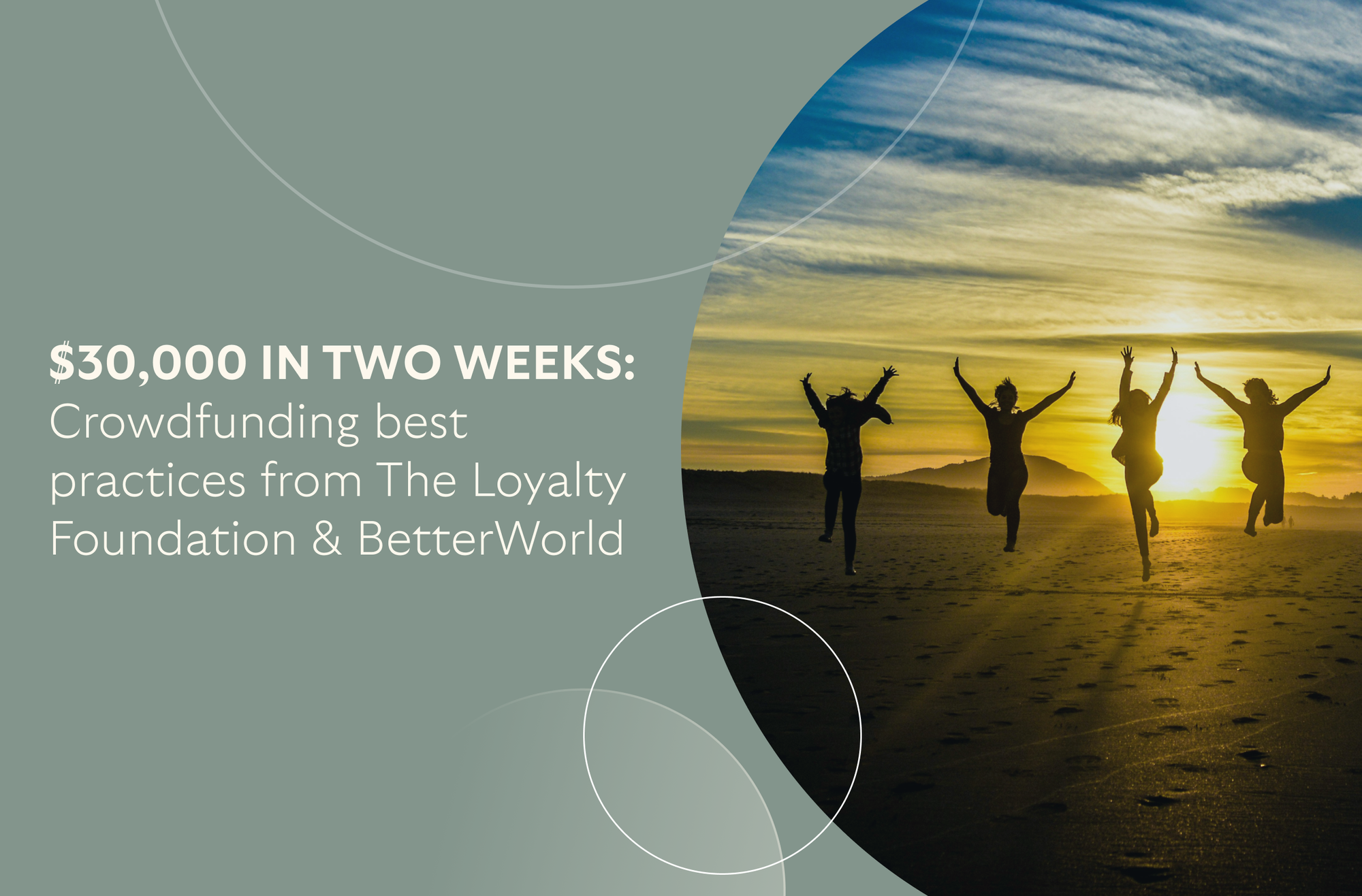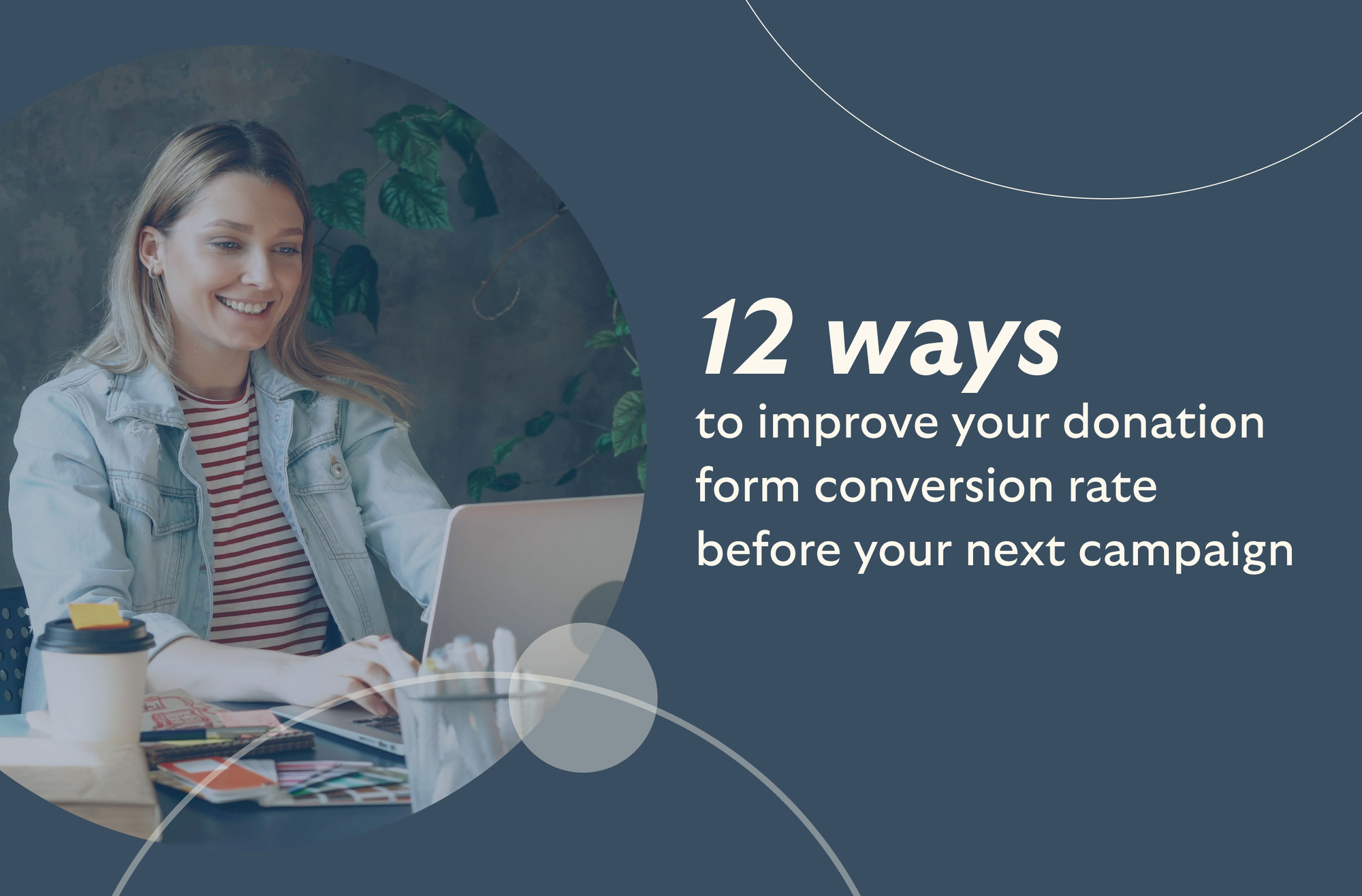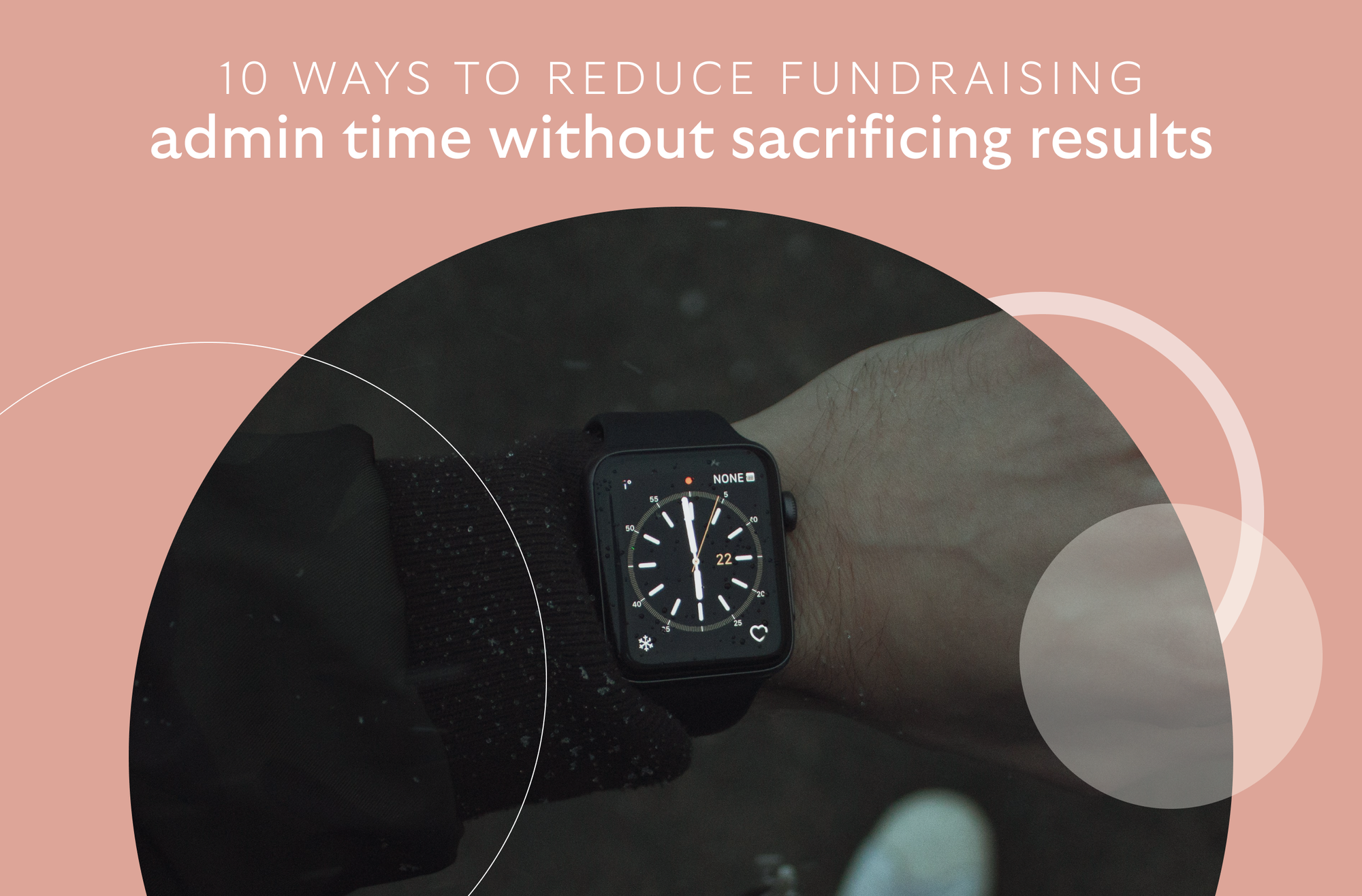Video Integration — boost the buzz around your online fundraising campaign
Time-saving – thoughtful automations save dozens of hours over your campaign
One-Click Checkout — our system will automatically charge the lucky winner
Text Message Notifications — keep your bidders engaged with text message notifications
What Is a Donor Centered Fundraising?
By Whit Hunter

Successful fundraising is all about connection and appreciation. Every nonprofit aims to build lasting relationships with those who support its mission. The right approach can make all the difference in how effectively a nonprofit can meet its goals and sustain its programs.
In this blog, we will explain donor-centered fundraising and how it puts donors at the forefront of fundraising efforts.
Find out how your nonprofit can use this method to transform fundraising activities and strengthen your organization’s impact.
Definition of Donor-Centered Fundraising
Donor-centered fundraising is a way of raising money that focuses on the people who donate. It's all about making donors feel important and involved in the cause they are giving money to.
This method pays a lot of attention to what donors need and want, and it tries to build long-lasting relationships with them. The main goal is to keep donors happy and connected so they continue to support the organization.
How Donor-Centered Fundraising Started?
Donor-centered fundraising was introduced by Penelope Burk, who is known as a pioneer in this field.
She described donor-centered fundraising (DCF) as "a system of soliciting and stewardship that focuses on donors to achieve the mission by providing an experience that is consistently satisfying for them."
With DCF, the focus shifts from the needs of the organization to the preferences and satisfaction of the donors.
Penelope Burk played a major role in promoting this approach through her influential book, Donor-Centered Funding: How to hold on to your donors and raise much more money (Second Edition).
In her work, Burk talks about the importance of making donors feel appreciated and engaged and making sure that they understand the impact of their contributions.
Key Principles of Donor-Centered Fundraising
Stewardship
In donor-centered fundraising, stewardship involves managing donations responsibly and transparently. It helps donors know where their money is going and builds trust and loyalty.
Meaningful Communication
Communicating in a way that is meaningful to donors is important. Recognize their expectations, understand their motivations, and provide clear information about how their contributions are used. It’s about creating a genuine connection that goes beyond mere transactional interactions.
Expectations Management
Managing donor expectations is another key principle. Be clear about what donors can and cannot expect in return for their donations. It ensures that there are no misunderstandings and helps maintain a long-term relationship.
Personalized Engagement
Engaging each donor in a personalized manner is the key to success. Understand their unique interests and motivations to personalize communications.
Acknowledgement and Gratitude
Prompt and genuine acknowledgment of donations is also a key principle. Thanking donors within a reasonable timeframe and showing appreciation for all contributions, regardless of size, reinforces their importance to the organization.
Transparency and Accountability
Donor-centered fundraising requires that organizations be transparent about how donations are used. Provide detailed reports on the impact of donors' contributions. Transparency creates trust and encourages continued support.
Let us help you raise more! Use BetterWorld’s free, easy fundraising tools!
Benefits of Donor-Centered Fundraising
Donor-centered fundraising has many benefits for both nonprofits and their supporters. Here are some key advantages, presented in simple terms:
- When donors feel like they are truly part of the nonprofit's work, they are more likely to keep supporting it. It helps nonprofits keep their supporters for a longer time.
- Donors often give more money as they grow closer to and more involved with a nonprofit. Donor-centered fundraising makes donors feel more connected, which can encourage them to donate more.
- Personalizing how you talk to and involve donors makes them more interested and active in what the nonprofit does. They get more involved when they feel that the nonprofit really understands them.
- Donors are happier when they know their money is being used well and they are appreciated. The satisfaction comes from clear communication and regular updates from the nonprofit.
- Being open about how donations are used builds trust. Donors like to see the real effects of their contributions and know that the nonprofit is honest about the impact.
- This fundraising method lets donors have a say in how their money is used, which makes them feel more powerful and connected to the cause.
Challenges of Donor-Centered Fundraising
While a donor-centered approach can build stronger donor loyalty and increase donations, it also presents several challenges.
Overemphasis on Donor Needs
Focusing heavily on donor preferences can lead nonprofits to sideline their mission and the needs of the communities they serve.
Resource Intensity
Maintaining a donor-centered approach requires significant resources. Organizations must invest in advanced CRM systems to track donor interactions meticulously, customize communications, and manage expectations.
Complex Donor Expectations
Donors often have high expectations for personalization and transparency. Meeting these expectations can be challenging for nonprofits, especially smaller ones with limited staff.
Potential for Donor Fatigue
Continuous engagement and personalized communication are key to donor-centered fundraising. However, there is a risk of over-communication, which can lead to donor fatigue.
Ethical and Strategic Dilemmas
There is a moral and strategic dilemma in balancing donor interests with organizational goals. Nonprofits might feel pressured to modify their programs or strategies to match the interests of major donors, which could conflict with the organization’s long-term goals or values.
Tools and Resources for Donor-Centered Fundraising
Here are some specific tools you can use for donor-centered fundraising:
1. CRM Software
CRM helps manage donor information, track donations, and personalize communication, making donors feel valued.
2. Email Marketing Services
These services enable personalized email campaigns to keep donors informed and engaged.
3. Survey Tools
Use these to gather feedback from donors. It helps you understand their preferences and improve your strategies.
4. Social Media Management Tools
These tools help you manage multiple social media profiles, engage with donors, and share content.
5. BetterWorld Peer-to-Peer Fundraising
BetterWorld Peer-to-Peer Fundraising offers a powerful, free tool for donor-centered fundraising. By creating their own fundraising pages, your donors can share their personal stories and connections to your cause with their networks.
This approach improves the fundraising experience and strengthens donor commitment to your cause, all with the convenience and accessibility of BetterWorld's free resources.
6. Analytics Tools
Use these to analyze data from your fundraising activities to better understand donor behaviors and refine your approaches.
Why Nonprofits Should Consider Donor-Centered Fundraising?
As mentioned earlier, donor-centered fundraising puts donors at the heart of fundraising efforts. When donors feel connected and appreciated, they are more likely to contribute more and support the cause continuously.
Adopting a donor-centered approach could really take a nonprofit's fundraising to the next level.
However, it's important to be aware of the challenges. With the right approach, donor-centered fundraising can be a helping hand for nonprofits looking to grow and succeed.

Join 105,000+ amazing nonprofits, organizations, and fundraisers on BetterWorld

Let our FREE fundraising tools help you raise more funds with less effort







